Question And Answer
Publications
Articles, publications, books, tools and multimedia features from the U.S. Institute of Peace provide the latest news, analysis, research findings, practitioner guides and reports, all related to the conflict zones and issues that are at the center of the Institute’s work to prevent and reduce violent conflict.
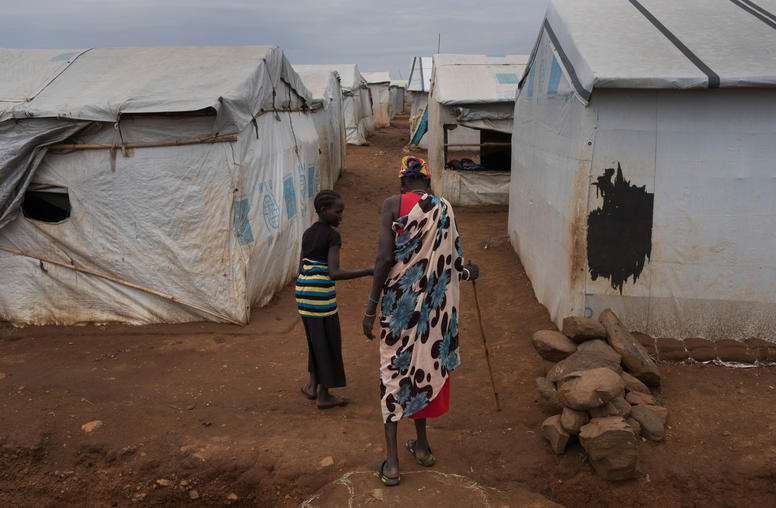
South Sudan: Looming Genocide, Plans for Prevention
The likelihood that South Sudan will descend into genocide and mass starvation is growing by the day, say diplomats, advocates and journalists familiar with the central African nation. Violence has spread to previously peaceful regions, propelled by a political breakdown that increasingly is becoming a clash of ethnic groups. Efforts to mediate between the government and the armed opposition have collapsed. Action by the U.S. and the international community is needed urgently to prevent furth...
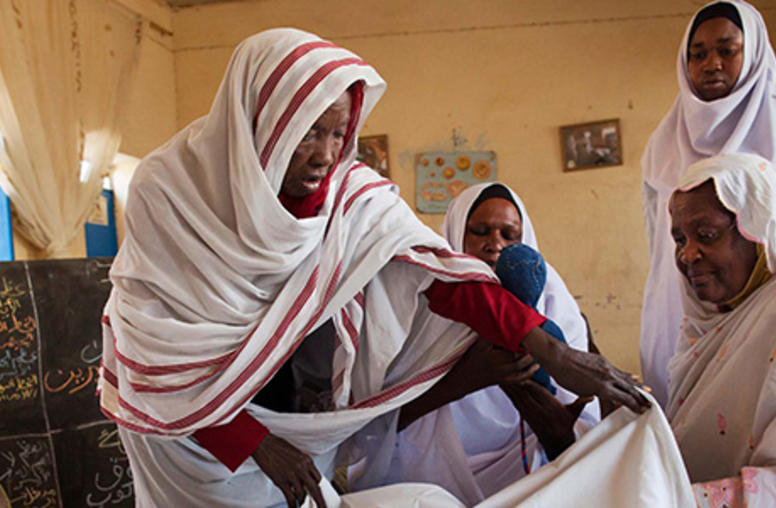
Can Female Genital Mutilation/Cutting Be Stopped?
When she was merely a week old, Jaha Mapenzi Dukureh underwent female genital mutilation in her native Gambia. But the 26-year-old mother of three, now living in the United States, knows the procedure is not something that happens only in some far-off country. She is an outspoken advocate for ending the custom. At a daylong conference at the U.S. Institute of Peace, Dukureh and other experts and government officials detailed the difficulties—and possibilities—of ending a practice that has bee...
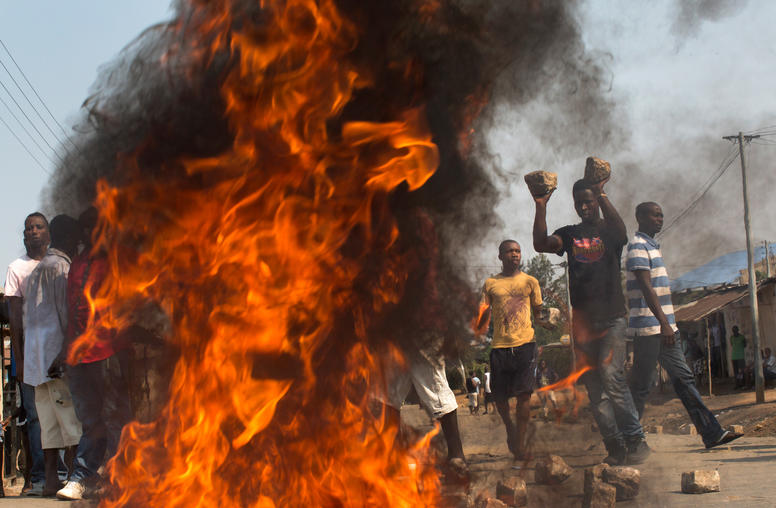
Q&A: What Works in Preventing Election Violence
The elections this year in the Philippines, the Democratic Republic of the Congo, Gabon and even the United States, demonstrate how high-stakes elections frequently trigger anxiety, tension or even violence or the threat of unrest. Properly managed elections allow opposing groups to press their claim to power through a peaceful process. But in fragile democracies, elections frequently feature intimidation or violent protest. U.S. Institute of Peace Senior Program Officer Jonas Claes, editor o...
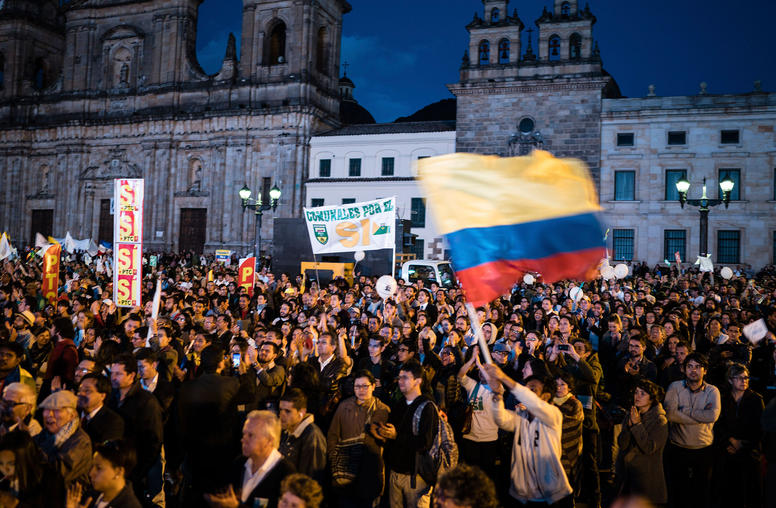
Standing by Colombia for Peace, as in War
When Colombian President Juan Manuel Santos accepts his Nobel Peace Prize this week in Oslo for pursuing an end to a half century of conflict, Americans can take a measure of pride.
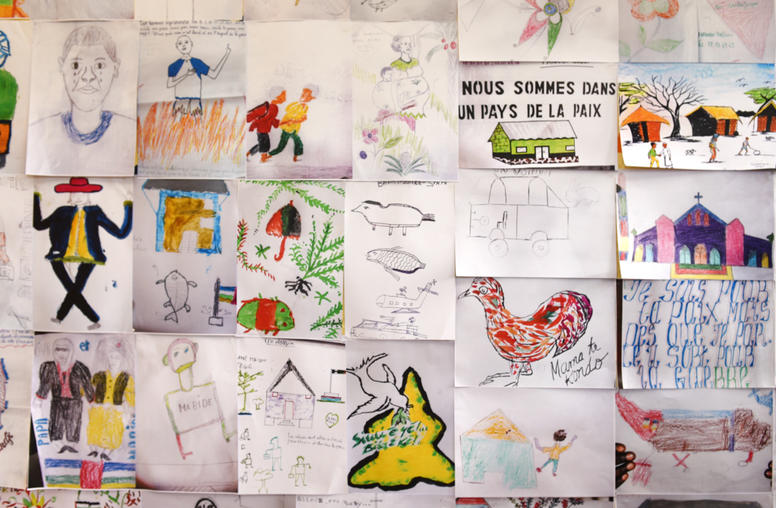
Q&A: Central African Republic Waiting for Peace
Nine months after the Central African Republic (CAR) held free, peaceful and democratic elections for president and parliament, the country continues to struggle for stability and progress. Half of the country remains in need of humanitarian aid, and an increase in violent incidents since September threatens to destabilize any progress made to date. At the end of November, clashes between factions of the ex-Séléka, a formerly united alliance of primarily Muslim armed groups, left 85 dead, 76 injured and 11,000 newly displaced.
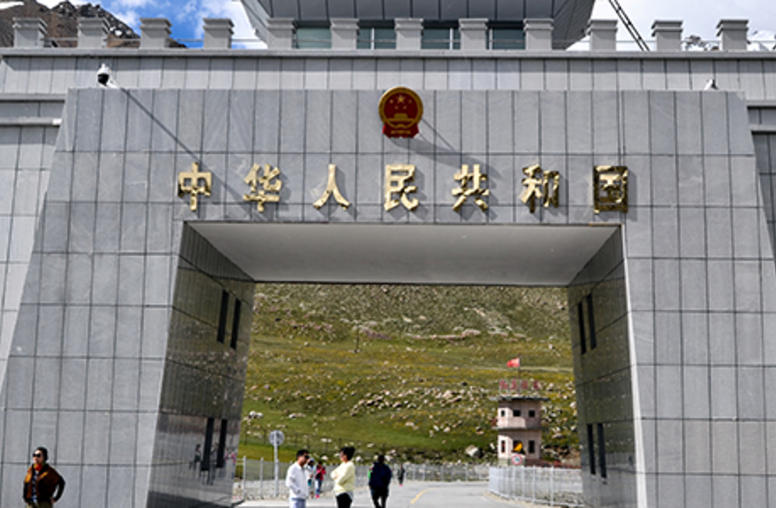
China-Pakistan Economic Corridor: A Road to Peace?
Three weeks ago, trucks carrying goods from China began offloading containers to ships at the Pakistani port of Gwadar, marking the operational opening of the Chinese built-and-financed China-Pakistan Economic Corridor (CPEC). The scale of the $51 billion infrastructure scheme will change Pakistan in ways that offer hope for easing its internal conflicts and its destabilizing fear of international isolation, experts said in a discussion at the U.S. Institute of Peace.
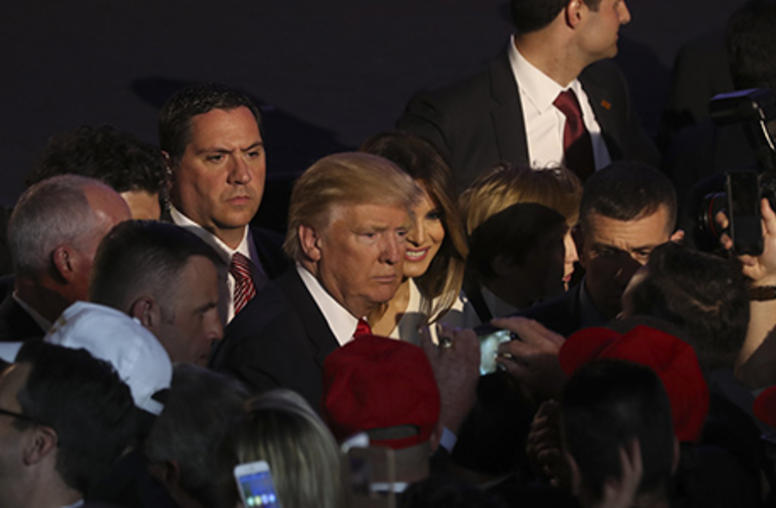
Experts Survey U.S.-Pakistan Ties Under President Trump
As the United States prepares for a transition to a President Donald Trump administration, what might be the future of America’s relationship with Pakistan? U.S.-Pakistani relations got little attention in the U.S. presidential election campaign, but four former senior U.S. and Pakistani officials offered what they said were likely scenarios November 16 in a forum at USIP. All four acknowledged past tensions in the relationship. Looking ahead, they cautioned against any deep rupture. “For the...
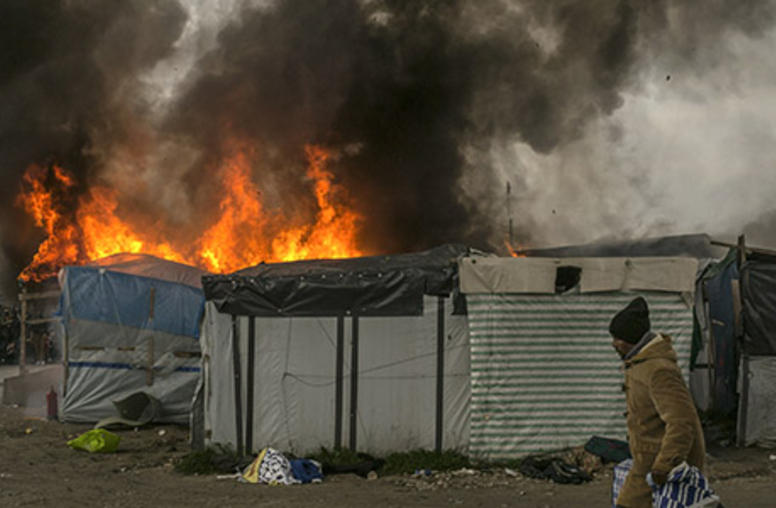
World Bank Seeks Crisis Flexibility for Long-Term Impact
The World Bank Group generally reserves its cheapest loans for the world’s poorest countries. But as protracted conflicts have swelled the number of global refugees, the bank in September unveiled a new, more flexible crisis program that allows, for example, middle-income Jordan and Lebanon, both inundated with uprooted Syrians, to borrow on the bank’s most favorable terms. The shift reflects a growing consensus that traditional distinctions among relief, reconstruction and development work a...
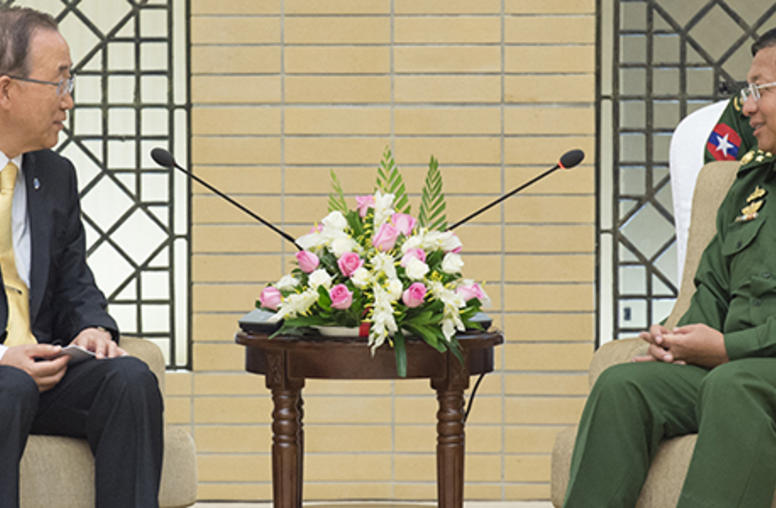
Myanmar Peace Process: Slow Progress, Delicate Steps
The peace process in Myanmar, which seeks to end decades of conflicts between the country’s army and an array of rebel groups, is progressing fitfully but could still face a reversal, experts on the Southeast Asian nation said in a discussion at the U.S. Institute of Peace. To drive it forward will require that the country’s new democratic leadership to skillfully manage relations with the still-powerful military while pushing negotiations and building confidence with the nation’s diverse arm...
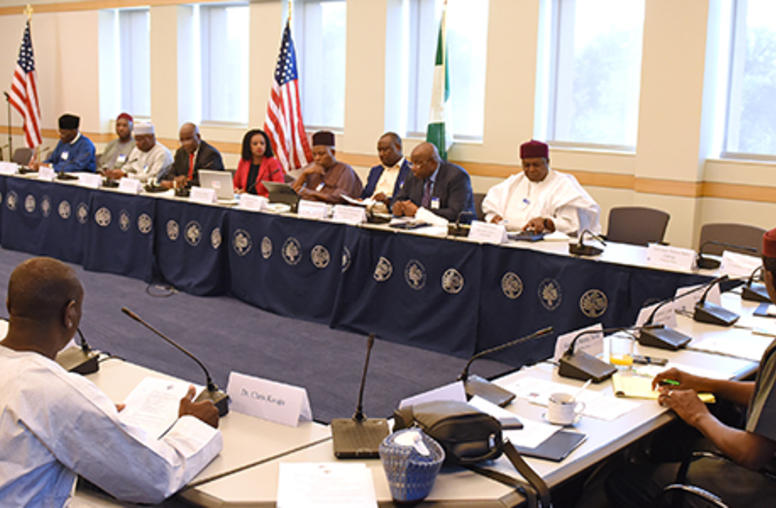
Nigerian Governors on Ways to Halt Crises, Boko Haram
A dozen governors from northern Nigeria say their region’s crises—warfare, poverty and millions of uprooted people—can be ended only with initiatives for education, reconciliation among rival groups, and the political inclusion of minorities and women. As Nigeria works to repair and build relations between police and communities, several governors said, the country’s federally run police system should be complemented with state or local police forces. The elected state governors, who wield im...